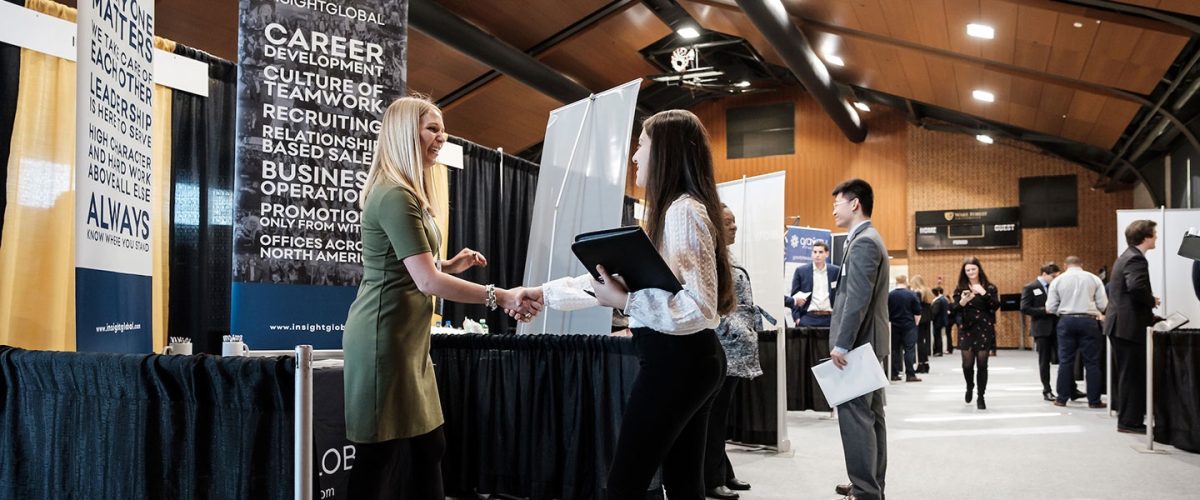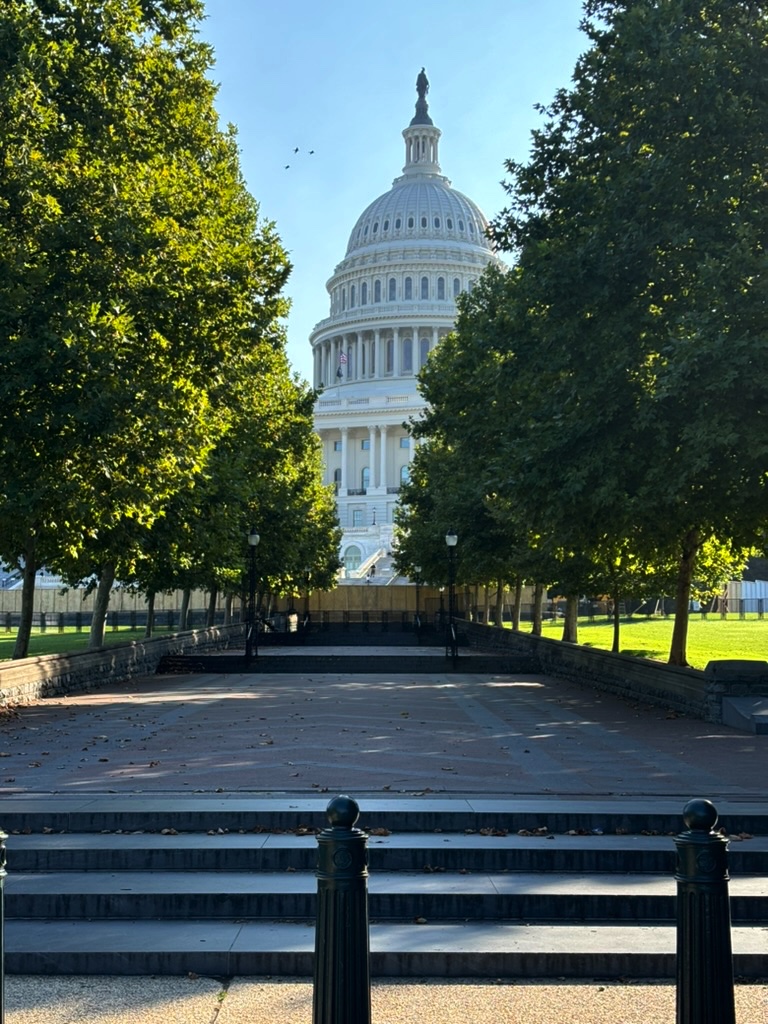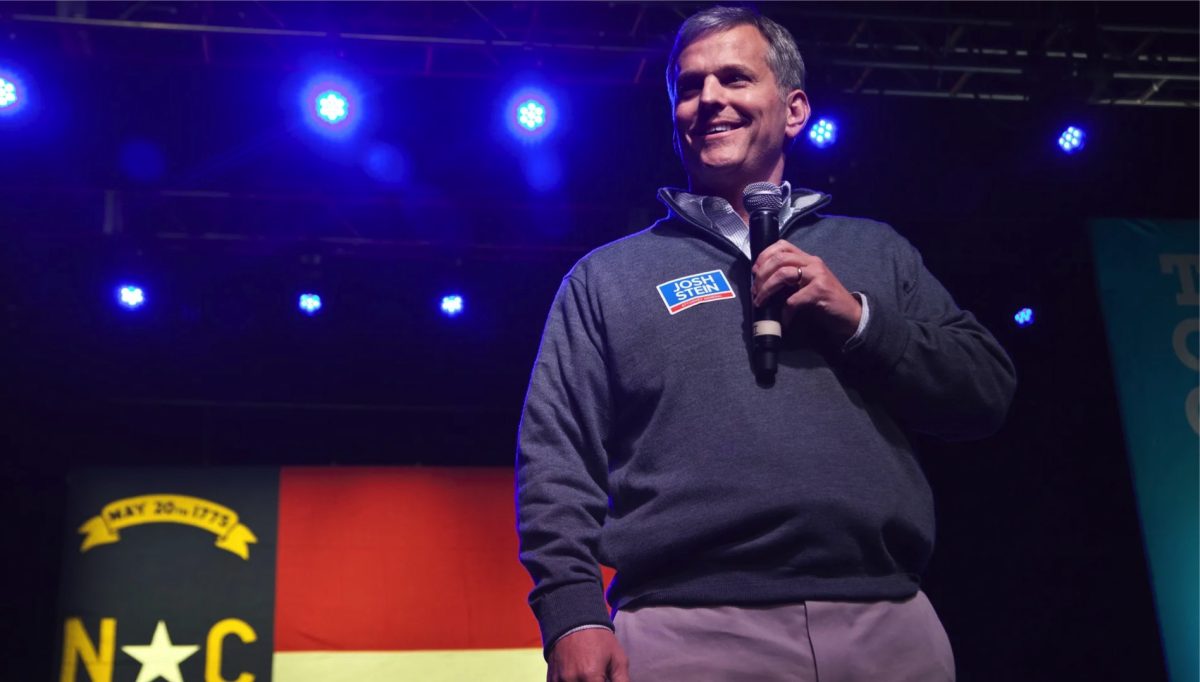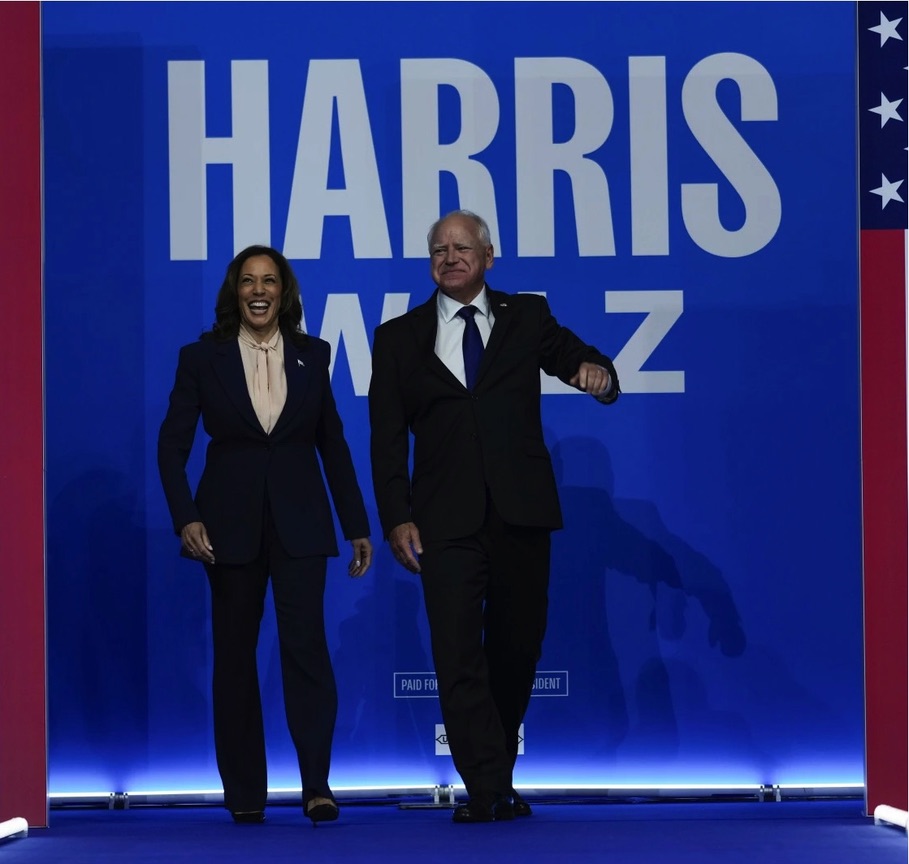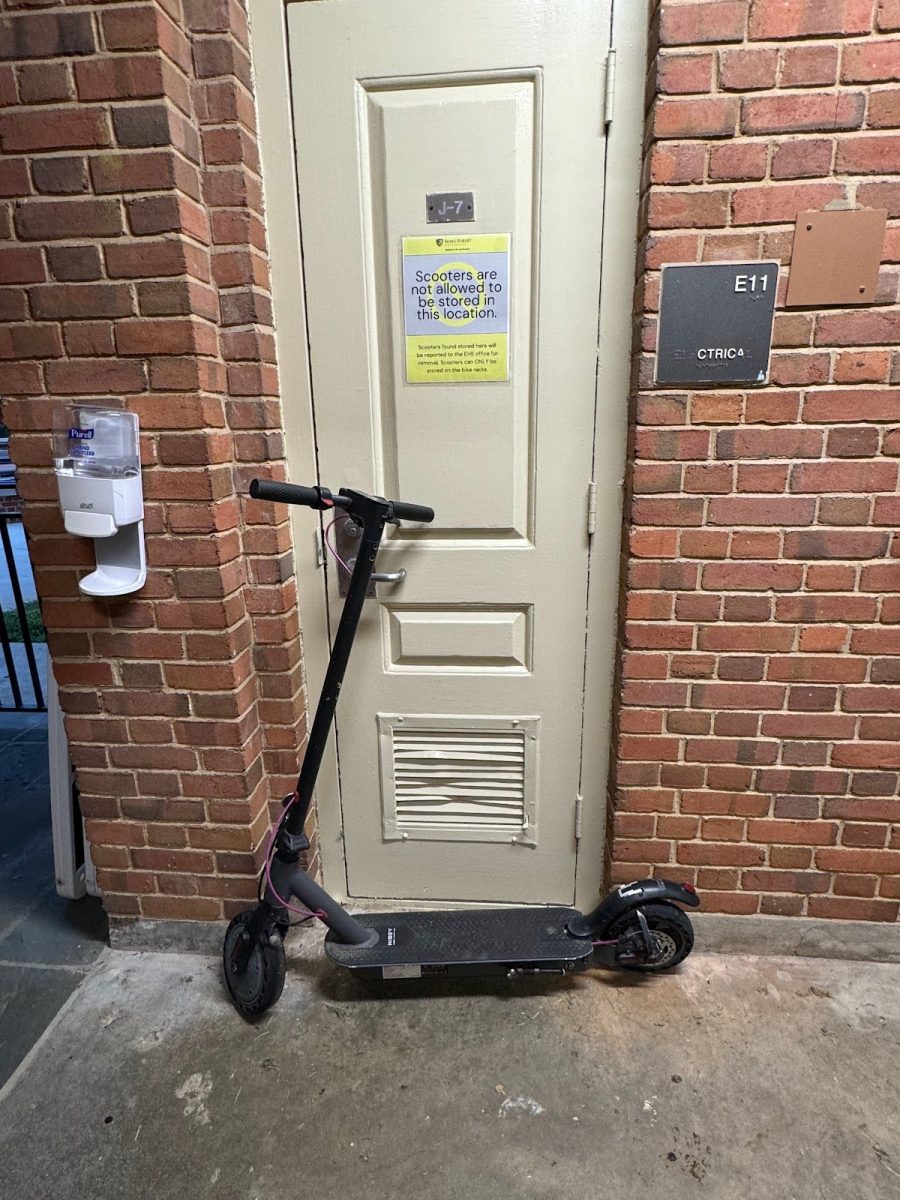Facebook CEO Mark Zuckerberg announced on Jan. 29 that the most recent update to the social media site will prioritize local news stories. If a user follows a local news source or if a friend shares a local story, it may appear higher in a user’s News Feed than comparative national news.
“When I traveled around the country last year, one theme people kept telling me is how much we have in common if we can get past some of the most divisive national issues,” Zuckerberg said in a statement. “Many people told me they thought that if we could turn down the temperature on the more divisive issues and instead focus on concrete local issues, then we’d all make more progress together.”
The Editorial Board of the Old Gold & Black believes that this update could be beneficial in helping Facebook users grow their awareness of events important to their community, which could strengthen community involvement. At the same time, however, we also urge students to be cognizant of falling prey to a “news bubble” and to retain their awareness of news far from home.
Many people don’t pay enough attention to what goes on in their own city or town, whether it be a mayoral election, a unique local challenge that needs to be solved or even local sports, arts and human-interest stories. Awareness of local news strengthens our connection to our homes and may inspire us to take part in local civic life. Local politics, such as policies considered by mayors and city councils, can have an equal or stronger impact on our lives than policies considered on a national level. If a local news story promoted on Facebook can inspire someone to canvas for a local political figure or to volunteer to address a particular community challenge, then this Facebook update will have succeeded in Zuckerberg’s goal to “make sure Facebook isn’t just fun but also good for your wellbeing and for society.” The Editorial Board agrees with Zuckerberg that “local news builds community.”
However, it’s also important for Zuckerberg to remember that Facebook is a primary source that many people turn to as their main source of news; many Americans do not actively seek out a wide variety of news sources. As a result, Facebook has a great deal of control over the type and content of news that users are exposed to. If they are only exposed to local news, they risk falling into a “bubble” with few news sources and little diversity of expression. Many local news stations also tend to be more ideological and polarized in their news coverage than more national organizations. Local news is important, but it’s equally important to be informed citizens of national and world affairs as well.
Facebook is still trying to recover from a year of criticism about its platform enabling fake news and foreign election meddling during the 2016 election, so it is encouraging to see Zuckerberg taking steps to improve Facebook’s Internet citizenship. We all must do our best to be informed citizens of our local communities. Yet, at the same time, in an increasingly divisive political era, the more localized and concentrated our media consumption is, the narrower our worldview can potentially become.






